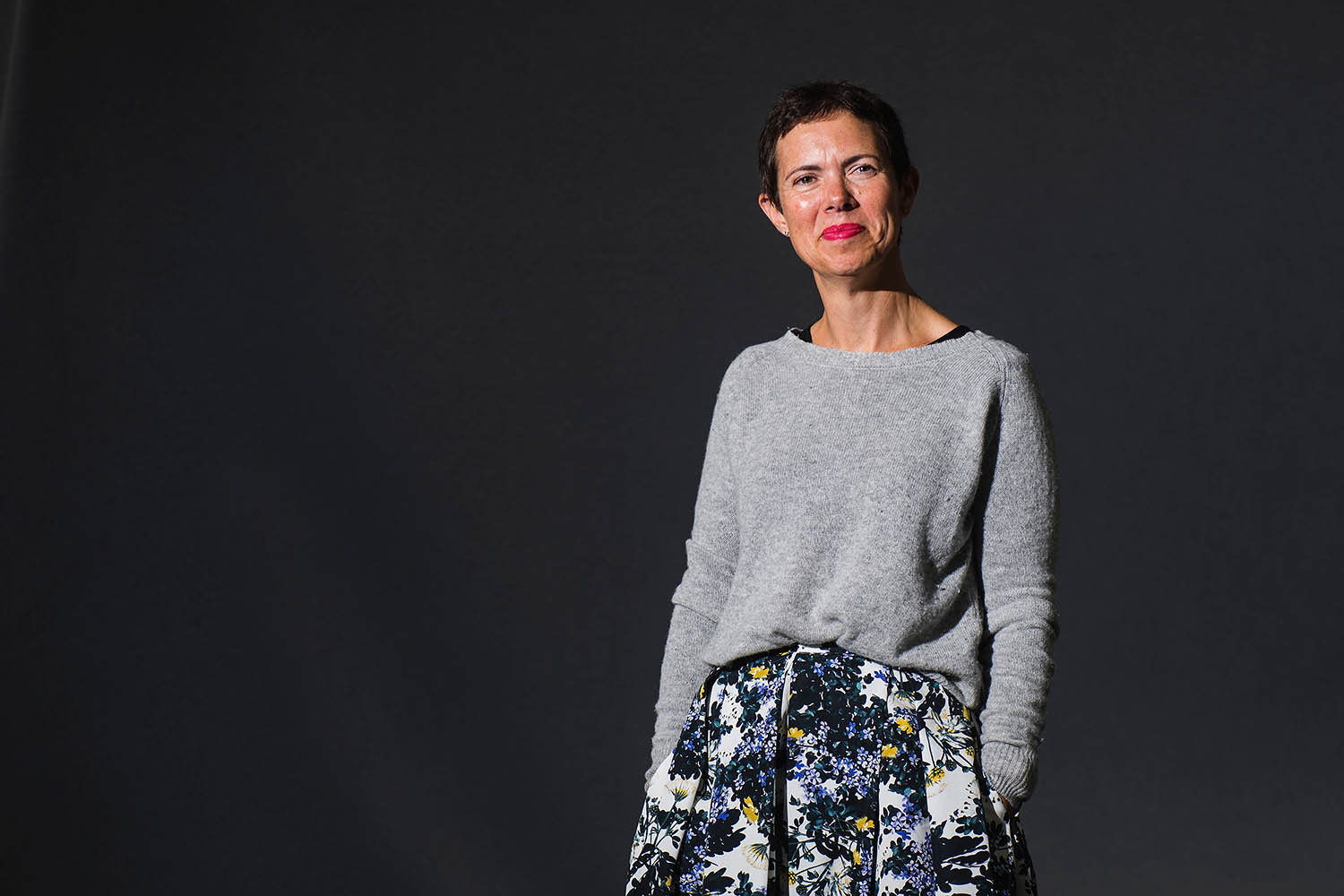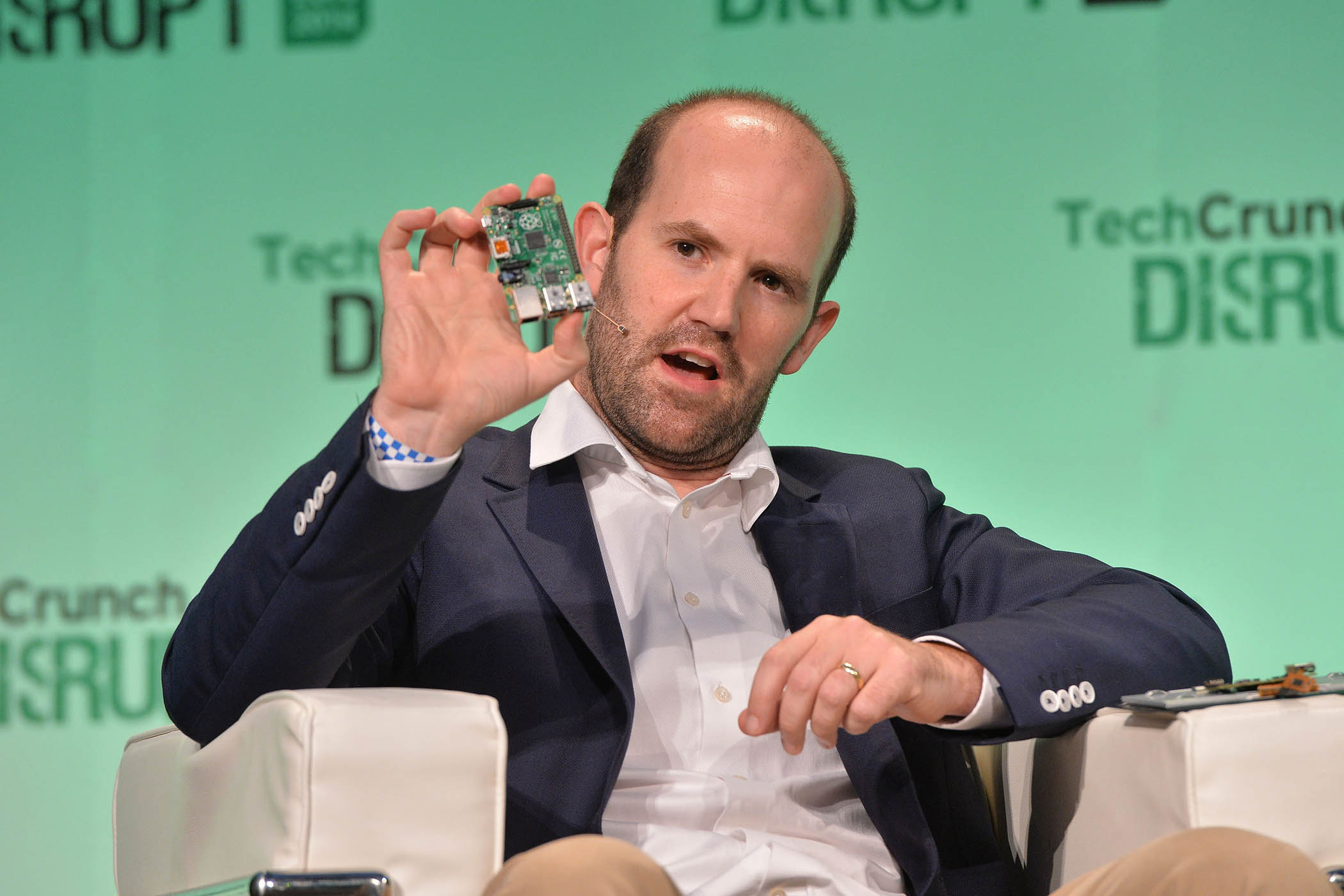For many people today, work simply isn’t working. The pay is too low, the hours too long or inflexible, while the work itself is not engaging and lacks meaning. In The Work We Need, her new book published this week, economic thinker and social innovator Hilary Cottam sets out key principles for a revolution in how we work.
“People want to work. They want to work really hard, and they want to be at work, and then they want a different dimension,” Cottam tells The Observer. “We’ve got aspirations to live well in all dimensions of our life, one of which is work.”
For her new book, Cottam talked to thousands of workers across Britain and the US, from grave-diggers to Amazon delivery bikers, care workers to the chief executive of Microsoft, many of them in marginalised parts of the economy where scraping a living is particularly challenging.
She also led hundreds of what she calls “Imaginings”, where up to 24 people spend three hours discussing what they want from work, before collaborating in designing a new organisation or other solution that could help make work better.
“People sit in groups of four. I stick a recording device on each table, and I don’t really intervene,” she says. “People in the group challenge each other, the conversations emerge.”
What she heard was that “everywhere I went, no matter the walk of life, whether it was in a London Goldman Sachs office, or with somebody who’s cleaning a local park, people had the same ideas again and again and again.” Though, she adds, “if you are far from power in your work, perhaps your imagination runs a bit more, whereas if you’re somebody that’s managing an HR department, it’s maybe harder for you to think outside the box”.
Her research led her to identify six key principles to shape the future of work: securing the basics; work with meaning; tending to what sustains us; rethinking our use of time; enabling play; and organising in place. Now she is working on ways to implement these principles, including by advising the UK government on its strategy to revive upland economies, “rural communities that have often been hollowed out by complex factors from poor infrastructure to becoming too expensive for locals to live in”.
On the basics, she says, “money is key, but money is not enough. You’ve got to have good schools, good transport, you’ve got to feel safe, and that these things are part of a kind of broader basic package.”
But the work itself also needs to be “meaningful”. Not necessarily in a “change the world” kind of way, but in the sense that “work is a sort of chrysalis in which we figure out who we are and what we’re doing here, and what we should be doing to be useful”, she says. That is why “being unemployed leads to terrible mental stress. It’s not just a loss of income. It’s a loss of your place in the world. It’s a kind of existential crisis in the way, actually, that bad work and no work have similar characteristics,” says Cottam.
‘Work is a sort of chrysalis in which we figure out who we are, what we’re doing here and what we should be doing to be useful’
‘Work is a sort of chrysalis in which we figure out who we are, what we’re doing here and what we should be doing to be useful’
She illustrates this point in The Work We Need with the perhaps surprising example of a young female welder who works on nuclear submarines for defence giant BAE in Barrow-in-Furness.
Newsletters
Choose the newsletters you want to receive
View more
For information about how The Observer protects your data, read our Privacy Policy
The welder and her colleagues are “very, very convinced that their work is meaningful, partly because they’re highly skilled. And what’s very unusual in the modern workplace is that a submarine takes seven years to build, and most of the team work on that submarine end to end. So, they’re actually building and making something. And they think that Britain needs a nuclear defence force, and that they’re making it, and that gives them a kind of a place in society.”
Modern industry was built on ever-tighter control over how workers use their time, something modern information technology is making even more all-encompassing, says Cottam. “Control of our time is the ultimate autonomy, isn’t it? Many people have said to me that employers will negotiate on wages, but they will never negotiate on control of workers’ time. I think that’s probably quite foolish.”
She mentions a recent experiment in which 70 British employers switched to a four-day week, at the same pay, and they “kept their workers, their productivity went up, and almost all of them continued the experiment after the initial measuring phase was over, because they’d found it was so beneficial”.
That is not to say we should all switch to a four-day week. Many women, in particular, “want a 32-hour working week, so they can spread those hours over five days around childcare”, she says. Flexibility to allow people to carry out their care responsibilities is key here, and too few employers understand that all of us are carers at least sometimes. In the “Imaginings”, even more than the idea of a universal basic income (which Cottam thinks unworkable), “people came up with this idea of universal basic time”, that “every life should have eight hours for sleep, every life should have every day four hours for play, for example”.
Unlike other books about the future of work, The Work We Need contains no macroeconomics. This feels like a significant omission, as Cottam has strong macro beliefs, including that AI is not going to bring about the end of work, though it will surely change it, and that a huge green transition is needed in which “70% of us need to change what we do to reach net zero”.
Nor is the book strictly a blueprint for change. Instead, Cottam has found inspiring examples of efforts to build a better future of work, many grounded in a specific place, from Barrow-in-Furness to Grimsby to Baltimore. These often include the best aspects of old experiments in collective action around work, such as mutualism, trade unionism and Houses of the People. These could be the basis of a new industrial policy based on recapitalising work in communities by “anchoring that capital in local institutions”, of which she highlights several emerging models.
Policymakers considering the future of work currently feel “very stuck”, Cottam concludes. “But the rich ideas are sitting with workers, and they are very doable.”
The Work We Need by Hilary Cottam is published by Virago LittleBrown (£22). Order it at observershop.co.uk for a special 20% launch offer. Delivery charges may apply
Photo by Simone Padovani/Awakening/Getty Images)



